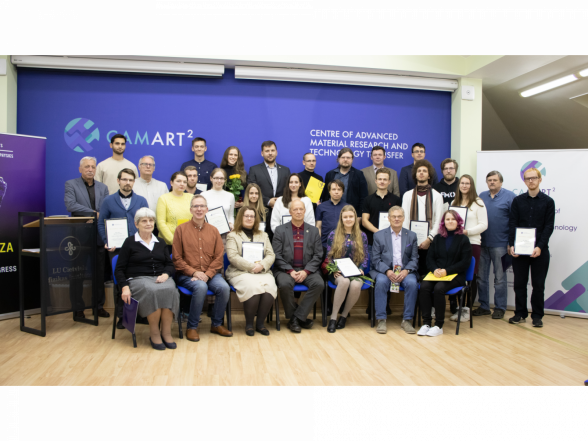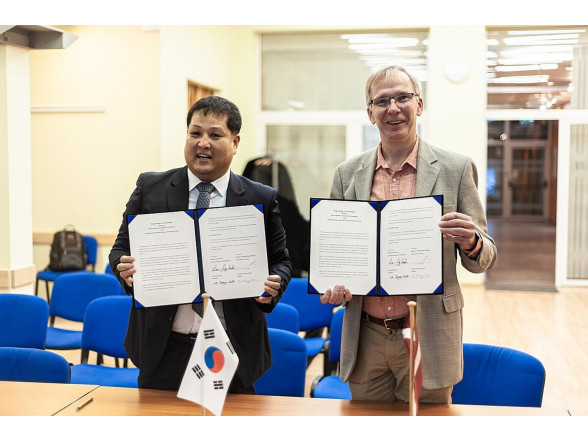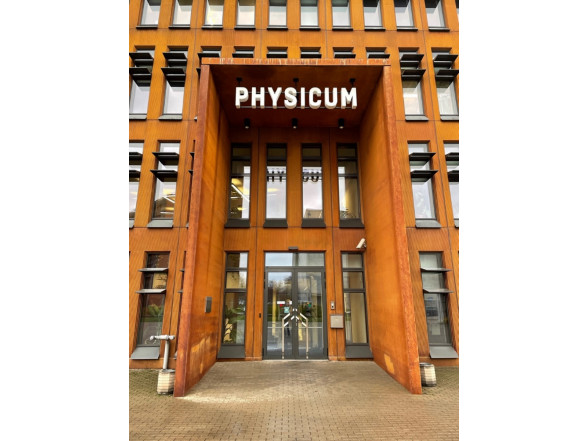On October 6, “One step closer to the top”, an event honoring the ISSP UL employees, who have got their academic and scientific degrees in academic year 2019/2020 and their supervisors took place.
Camart2 project being the major contributor in upgrading the existing Centre of Excellence in Advanced Material Research and Technology at the Institute of Solid State Physics, University of Latvia, has provided opportunities to do the research necessary for degree acquisition on a new level. The infrastructure development has ensured that the research could be done in renovated laboratories with new, more advanced equipment.
A total of 17 degree recipients were feted for their passion and contribution to important scientific research fields, developing their bachelors’ and masters’ works as well as doctoral theses not only in physics, but also in chemistry and IT. The works and thesis were developed on topics that match the areas of specialization set out by the Camart2 project. For example, doctoral thesis “Synthesis and properties of transition metal dichalcogenide based core-shell nanowires” developed by Dr. Edgars Butanovs covers areas of thin films and nanotechnology, nanocomposites and ceramics, whereas doctoral thesis by Dr. Aleksejs Gopejenko “First principles simulations on yttrium and oxygen precipitation inside Fcc-Fe lattice” covers area of Computational material science by atomistic scale modelling of technologically important materials and devices.
Spectroscopy Laboratory was the richest with degree holders - 6 young researchers developed their works there. Significant research has also been carried out by employees-degree recipients of Organic materials, Chemical technologies, Materials for energy harvesting and storage, Kinetics in self-organizing systems, Computer modeling of electronic structures of solids, Materials morphology and structure investigations as well as Thin films laboratories.
Many of the degree holders have already managed not only to carry out significant research in their field, but also participate in scientific conferences, improve their qualification in summer schools and turn their research into scientific articles published in major international scientific journals.



